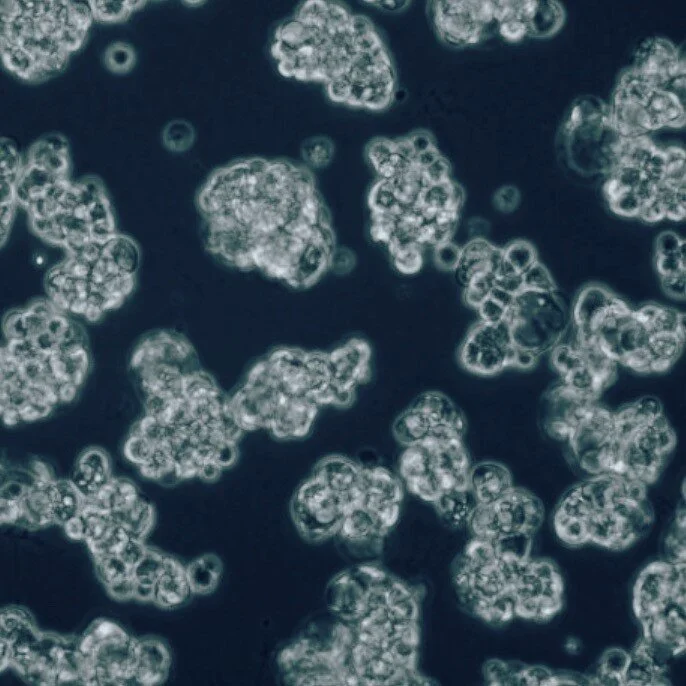
Ascites - a liquid biopsy for ovarian cancer
With power in knowledge, a liquid biopsy enables improved care and outcomes for people with ovarian cancer. This liquid biopsy facilitates a precision medicine-based approach to treating cancer in its deadliest form. This new tool will help tackle chemotherapy resistance in ovarian cancer.
What is the Problem?
Ovarian cancer is the most lethal gynaecological cancer worldwide, causing over 185,000 deaths each year. A major driver of this lethality is the common development of chemotherapy resistance. Our study has identified an exciting new opportunity to improve outcomes by delivering precision medicine to those with chemotherapy-resistant ovarian cancer. By utilising the waste product of a common medical procedure as a ‘liquid biopsy’ we can reveal opportunities to improve care for patients with ovarian cancer.
What is our solution?
The accumulation of free fluid in the abdomen, known as ‘ascites’, is a common symptom in ovarian cancer patients. Ascites is drained to relieve the many symptoms it causes, meaning that it can be accessed without imposing any additional invasive and unwelcome procedures on unwell patients. As ascites is in direct contact with the cancer, the fluid contains disease components which can act as a window into the disease, in the form of a ‘liquid biopsy’. The study was conceptualised in consultation with survivors of ovarian cancer who expressed their enthusiasm for this minimally-invasive solution to enabling precision medicine.
Cell-free tumour DNA is released by cancer cells when they die and has identifiable signatures which distinguish it from the healthy DNA. Using cutting-edge molecular biology technologies, we determined that cell-free tumour DNA is highly abundant in ascites, which identifies its potential as an extremely useful clinical tool. The access to tumour samples provided by this approach will allow critical personalised profiling of disease, allowing well-informed selection of targeted therapies to combat chemotherapy-resistant cancer.
What have we learned so far?
This collaborative, multidisciplinary project has so far incorporated expertise across various disciplines, including biologists, nurses, oncologists, surgeons and bioinformaticians. This allowed identification of cell-free DNA as a prime candidate for liquid biopsy analysis of ascites.
The body of work paves the way towards clinical application of ascites as a liquid biopsy and has already been awarded an esteemed prize at the 2021 Australian New Zealand Gynaecological Oncology Group’s annual conference. This directs future research not only in this space, but also in other common, poor-survival cancers which feature ascites as a symptom, including pancreatic and gastro-intestinal.
Where to from here?
Our team are now working to further explore the potential of cell-free DNA and other components of ascites to better inform treatment. New findings are advancing us towards our goal of improved care and better outcomes for patients with an otherwise poor prognosis due to chemotherapy resistance.
New article
This exciting new research establishes cell-free DNA as an ideal basis for insight into ovarian cancer.
This research found cell-free DNA to be the most tumour enriched fraction of ascites fluid, even compared to tumour derived cell clusters. The article demonstrates the favourable ability to isolate and sequence tumour DNA from ascites fluid and with a practical and workable workflow.
Staff involved
-

Bonnie Werner, BAdvSc(Hons)
-

Dr Kristina Warton, BSc(Hons), PhD
-

Prof. Caroline Ford, BSc(Hons), PhD

